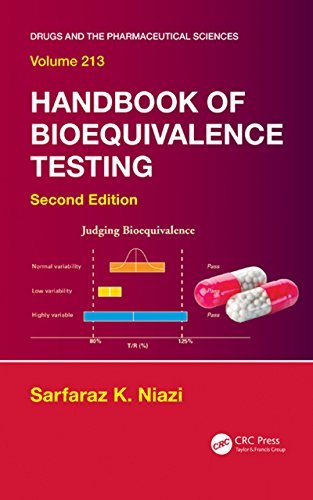What do you think?
Rate this book


As the generic pharmaceutical industry continues to grow and thrive, so does the need to conduct adequate, efficient bioequivalence studies. In recent years, there have been significant changes to the statistical models for evaluating bioequivalence. In addition, advances in the analytical technology used to detect drug and metabolite levels have made bioequivalence testing more complex. The second edition of Handbook of Bioequivalence Testing has been completely updated to include the most current information available, including new findings in drug delivery and dosage form design and revised worldwide regulatory requirements.
New topics include:
The cost of generic drugs is rising much faster than in the past, partly because of the increased costs required for approval—including those for bioequivalence testing. There is a dire need to re-examine the science behind this type of testing to reduce the burden of development costs—allowing companies to develop generic drugs faster and at a lower expense. The final chapter explores the future of bioequivalence testing and proposes radical changes in the process of biowaivers. It suggests how the cost of demonstrating bioequivalence can be reduced through intensive analytical investigation and proposes that regulatory agencies reduce the need for bioequivalence studies in humans. Backed by science and updated with the latest research, this book is destined to spark continued debate on the efficacy of the current bioequivalence testing paradigm.
1007 pages, Kindle Edition
Published October 29, 2014